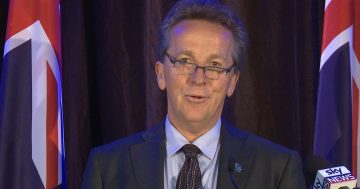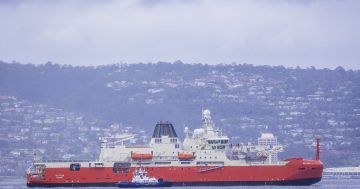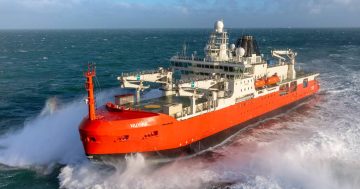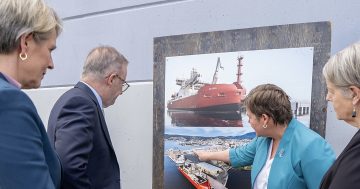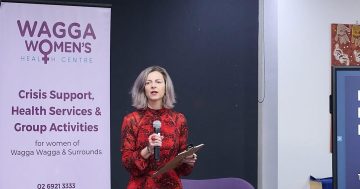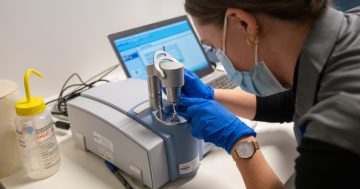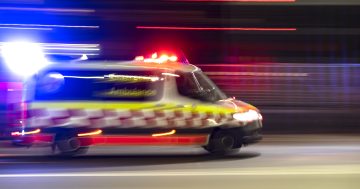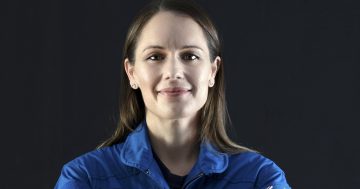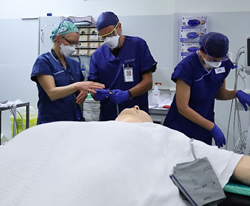 The Australian Antarctic Division (AAD) is upskilling its Antarctic-bound tradespeople to assist with surgical operations.
The Australian Antarctic Division (AAD) is upskilling its Antarctic-bound tradespeople to assist with surgical operations.
Preparing for its 2023 expeditions, AAD said the Lay Surgical Assistant (LSA) course was a world-leading program, designed to upskill tradespeople to support Australia’s Antarctic station doctors in the event of a medical emergency.
Course convenor and specialist anaesthetist, Dr Chris Wilde said the program was held twice a year.
“It’s a two-week course with eight participants, where we take expeditioners and train them up to be anaesthetic assistants and surgical assistants,” Dr Wilde said.
“The Australia Antarctic Division operates with just one doctor on each station over winter, and if surgery is required, there are trained assistants from the expedition crew to assist the doctor to give an anaesthetic, conduct surgery, and safely wake up the patient at the end.”
He said the LSA course culminated with a mock scenario in an operating theatre at the Royal Hobart Hospital.
“We have a whole day of simulation where they use their new skills and we run through anaesthetising and operating, on the ‘patient’ who has appendicitis,” Dr Wilde said.
Casey research station summer Doctor with AAD, Dr Jan Wallace said the simulation was a good chance for the team to work together before going south.
“It was a very impressive performance from all the teams,” Dr Wallace said.
“I’m really happy that I’m going down with such a high level of skill with my LSAs this year.”
The LSA course is a partnership between AAD, The University of Tasmania and The Tasmanian Health Service, through the Centre for Remote and Maritime Medicine (CARMM).


